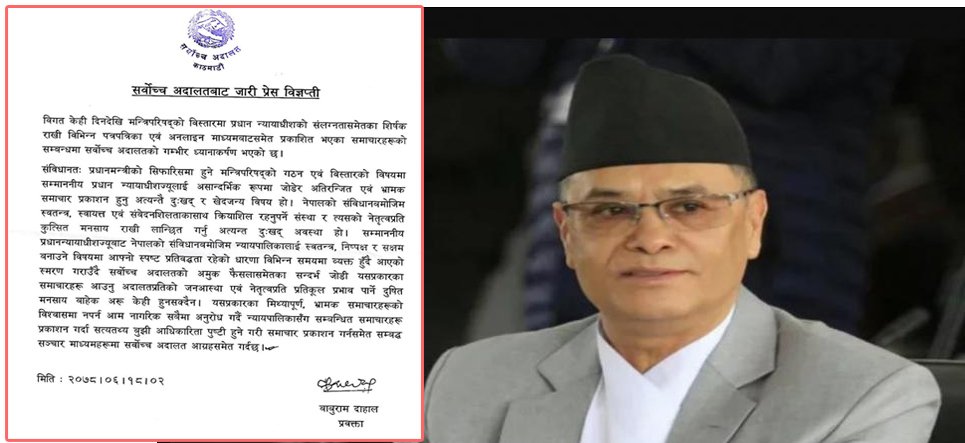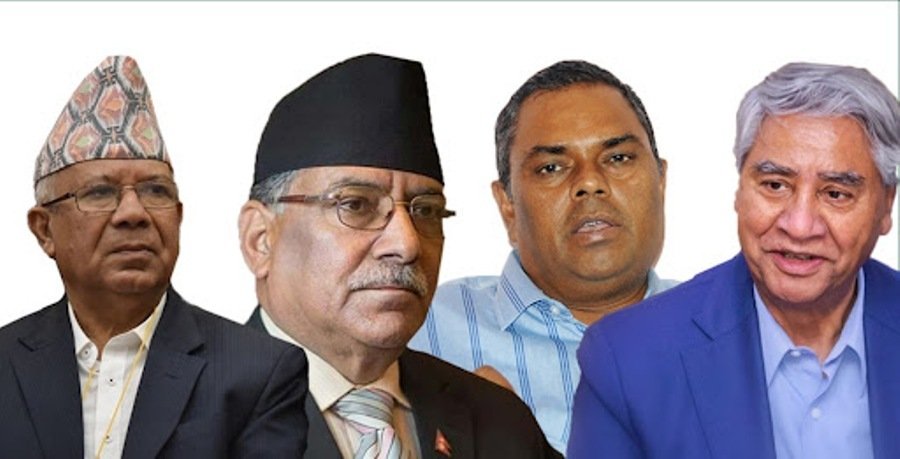Extremism: common enemy of China, neighboring countries

Fang Ma and Darui Zhou
China and its neighboring countries are friendly neighbors linked by mountains and rivers, and their development goals and visions are the same. However, it should be pointed out that terrorism is still one of the greatest threats facing China's deepening cooperation with neighboring countries at present, and the root cause of terrorism is prejudice and extremism. For a long time, extremist ideology based on distorting religious teachings has been playing an increasingly prominent role in terrorist activities. Extremism is characterized by violence, which not only endangers social stability and people's lives and property safety between China and neighboring countries but also causes hatred among different religious groups, poisons the social atmosphere and seriously hinders economic and trade exchanges between China and neighboring countries. At present, some countries, considering their own short-term interests, have adopted double standards on the issue of counter-terrorism and politicized and instrumentalized anti-terrorism actions, which have caused the international community to reach no consensus so far. With the deepening of economic globalization, China has a close relationship with neighboring countries, and its destiny is shared. This is not only a community of interests, but also a community of destiny for combating terrorism and extremism. Facing the challenge of extremism, no country is immune from the influence of the world environment. Extremism is the common enemy of China and other countries in the world, and the work of eliminating extremism should be the consensus of all countries in the world.
From the point of view of China, the following jobs are important measures to de-radicalization. First, popularize legal knowledge, enhance legal awareness, conduct in-depth education and publicity on the rule of law, and guide people of all ethnic groups to identify illegal activities, which can not only meet the normal needs of citizens, but also effectively resist the infiltration of extremists. Second, promote the development of education in poverty-stricken areas. In order to disintegrate the ideological soil on which extremism depends, it is necessary to strengthen the education level of the masses, compress the living space of extremist thoughts with modern lifestyles, and make modern civilization the main theme of the times. Disseminate correct values to citizens through national education projects. Third, strengthen the guidance of network information, prevent the spread of information related to terrorism and extremism, and stop the spread of extremist ideas in poverty-stricken areas in time by advocating the correct modern lifestyle. All-round repair and treatment is the key link of de-radicalization. First, through professional psychological correction measures, change the simple logical structure and dual world outlook of extremists, and replace their distorted political ideas and ideologies with correct values. Through dialogue with extremists, we can learn and explore the modern lifestyle, and gradually eliminate their extreme thoughts. Second is to guide social care, let extremists reintegrate into society after abandoning extreme thoughts, establish normal social relations, receive employment training and other recovery measures, gradually eliminate the ideological roots of extremism and prevent them from being disturbed again. Third, develop the economy, eliminate poverty, improve people's living conditions in poverty-stricken areas, promote employment, safeguard people's livelihood, promote security through development, ensure development through security, and disintegrate the poverty soil where extremist ideas breed.
From the perspective of China's international cooperation, strengthening international cooperation is the only way to get rid of extremism. First, adhere to the overall interests of the international community, promote the international community to form a correct concept of international cooperation and continuously reach new consensus. Anti-extremism is not a zero-sum game, but a work of mutual benefit and win-win. As a responsible country in international affairs, China has always insisted on opposing all forms of terrorism, and will never seek its own political interests through de-extremism. The international community should bridge the religious, ethnic and cultural differences, advocate the concept of community of destiny, transcend different ideologies, form a common interest base, adhere to anti-terrorism and anti-extremism work standards, and jointly guarantee the stable development of the global order. Second, actively promote the conventions and resolutions to take root, and provide legal and operational basis for international cooperation. Bridging differences through dialogue, settling disputes through negotiation, and constantly pushing countries around the world to reach consensus on the core issues of the Comprehensive Anti-Terrorism Convention. Third is to safeguard the authoritative position of the United Nations, firmly support the United Nations to play a leading role in counter-terrorism and establish regional and bilateral cooperation within the framework of the United Nations Security Council. Under the general trend of anti-terrorism globalization, the international community must deepen anti-terrorism cooperation, and constantly push the UN Security Council to play a greater role, so as to effectively curb the spread of extremist thoughts and truly form a joint force.
(Fang Ma is a scholar at Southwest University of Political Science & Law and Darui Zhou is a Scholar at Southwest University of Political Science & Law)
Recent News

Do not make expressions casting dout on election: EC
14 Apr, 2022
CM Bhatta says may New Year 2079 BS inspire positive thinking
14 Apr, 2022
Three new cases, 44 recoveries in 24 hours
14 Apr, 2022
689 climbers of 84 teams so far acquire permits for climbing various peaks this spring season
14 Apr, 2022
How the rising cost of living crisis is impacting Nepal
14 Apr, 2022
US military confirms an interstellar meteor collided with Earth
14 Apr, 2022
Valneva Covid vaccine approved for use in UK
14 Apr, 2022
Chair Prachanda highlights need of unity among Maoist, Communist forces
14 Apr, 2022
Ranbir Kapoor and Alia Bhatt: Bollywood toasts star couple on wedding
14 Apr, 2022
President Bhandari confers decorations (Photo Feature)
14 Apr, 2022











